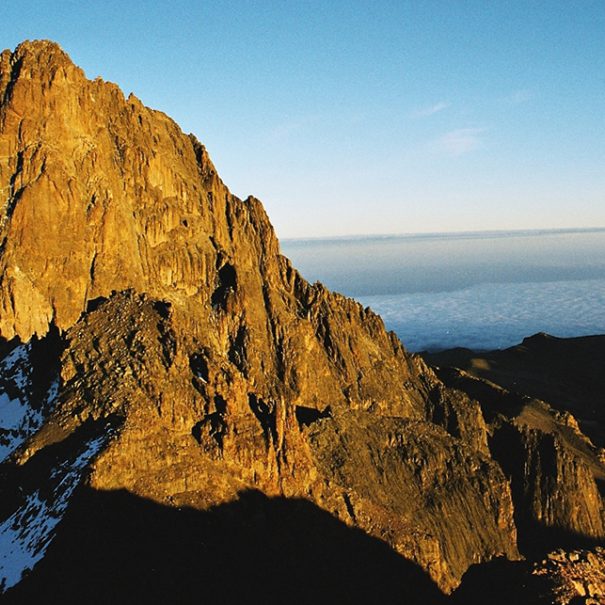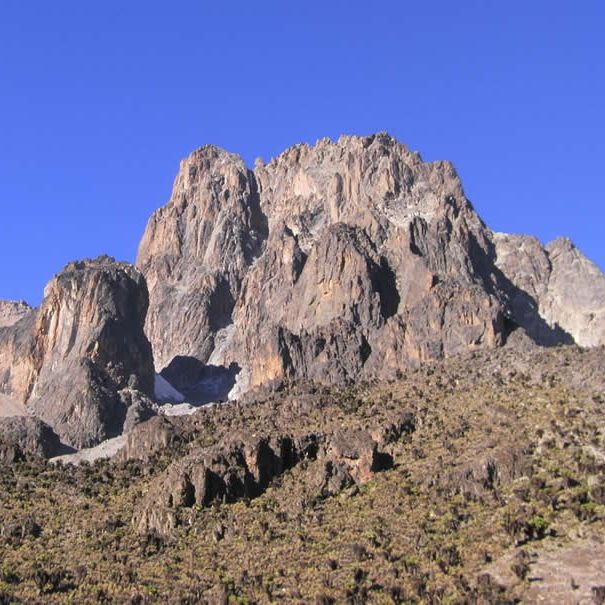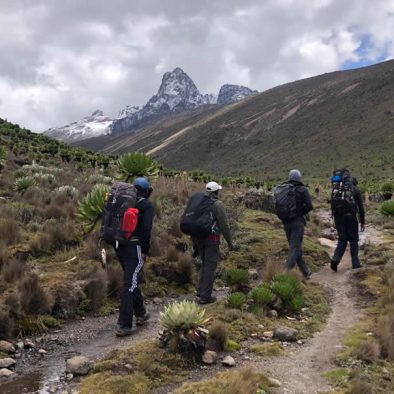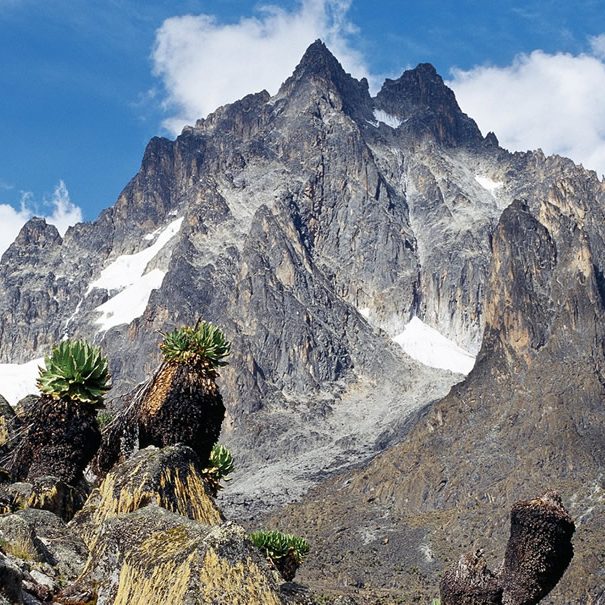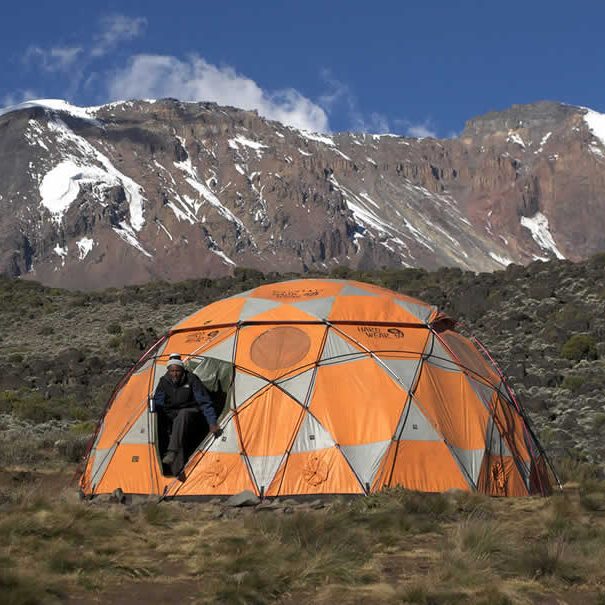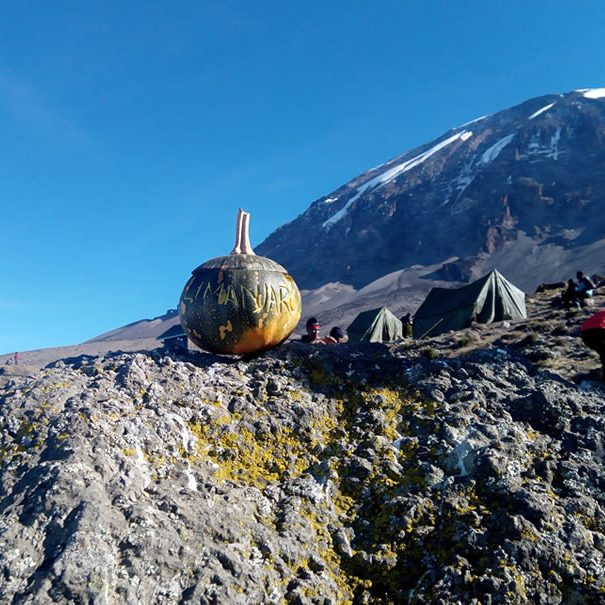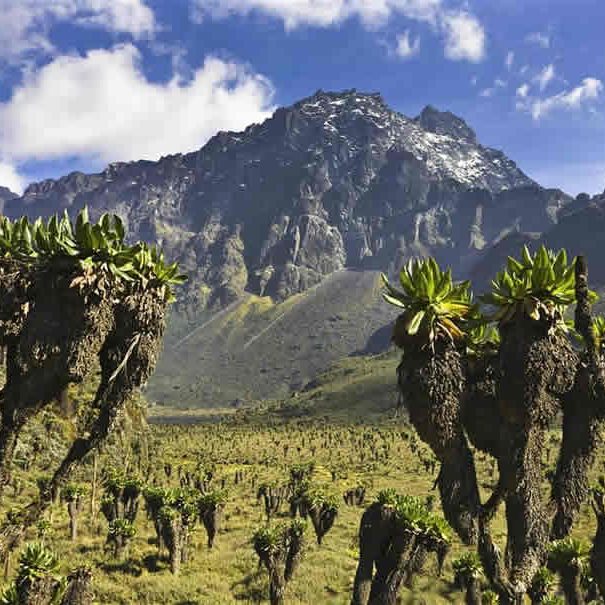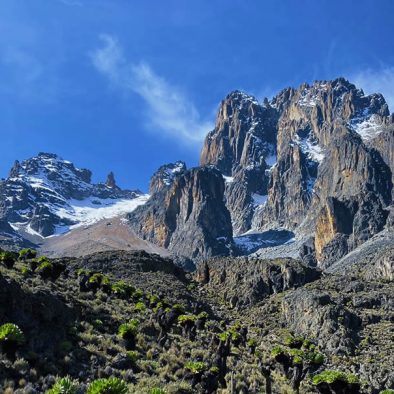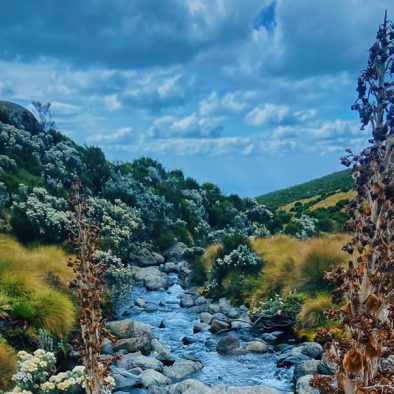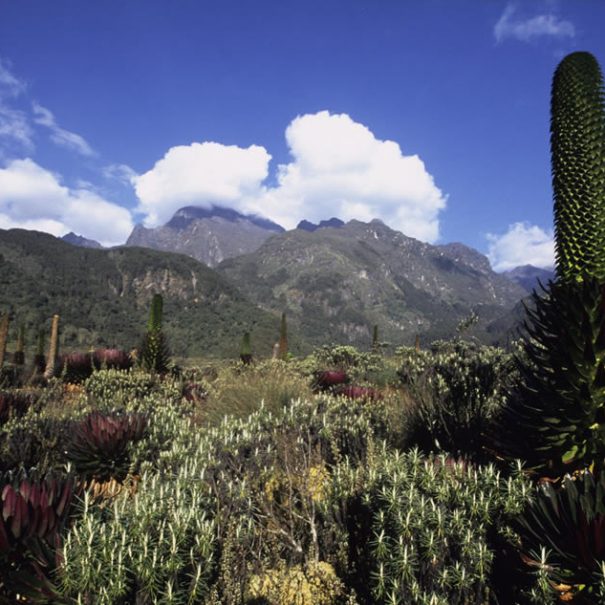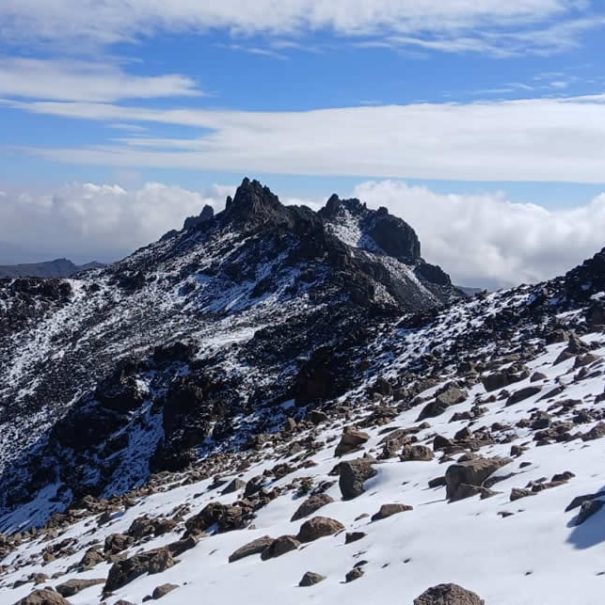Hiking Mount Kenya is a thrilling adventure that attracts trekkers from all over the world. As the second-highest peak in Africa, it offers breathtaking landscapes, diverse wildlife, and challenging trails that cater to various skill levels. However, before setting off on this incredible journey, it’s essential to understand the cost of hiking Mount Kenya to ensure a smooth and enjoyable experience.
Factors Affecting the Cost of Hiking Mount Kenya
Several elements influence the total cost of hiking Mount Kenya, from park fees to guide services and equipment rental. Let’s break down the key expenses you should consider when planning your trip.
1. Mount Kenya National Park Entry Fees
Before embarking on your journey, you’ll encounter park fees. These fees, mandated by the Kenya Wildlife Service (KWS), grant access to Mount Kenya National Park and contribute to its conservation efforts.
Kenyan Citizens
- Adults: Approximately Ksh 800 per adult per day.
- Children and Students: Discounted rates are available, making it more affordable for families and educational groups.
East African Residents
- Adults: Around Ksh 1,000 per adult per day.
- Children and Students: Reduced rates apply, encouraging regional tourism.
Non-Residents (Foreign Visitors)
- Adults: Approximately $60 per adult per day.
- Children and Students: Discounted rates are available, promoting educational and family visits.
It’s crucial to consult the official KWS website for the most up-to-date fee schedule, as these rates can the duration of your stay. change. Remember to factor these daily fees into your overall hiking budget, multiplying them by the number of days you plan to spend in the park.
2. Guiding and Porterage
Hiking in Mount Kenya’s challenging terrain and high altitude demands the expertise of experienced guides. They ensure your safety and enrich your hiking experience with their knowledge of the mountain’s flora, fauna, and history. Porters play a vital role in carrying your gear, allowing you to focus on the physical demands of the climb.
Both guide and porter fees are typically calculated on a daily basis. Guide fees can range from $50 to $80 per day, while porter fees typically range from $20 to $30 per day. The number of guides and porters you’ll need depends on the size of your hiking group and the amount of equipment you’re carrying.
Larger groups often benefit from a higher guide-to-hiker ratio for enhanced safety. Factor these daily costs into your budget, considering the length of your trek and the number of support staff required.
3. Accommodation
Accommodation options on Mount Kenya range from budget-friendly campsites to more comfortable mountain huts. Pricing depends on the level of comfort you prefer.
- Camping (basic tent setup): Approximately $5–$10 per night.
- Mountain Huts (shared dorms): Around $20–$40 per night.
- Luxury Lodges (near the base): Between $100–$500 per night.
Your choice of accommodation significantly impacts your overall hiking budget. Camping within Mount Kenya National Park offers the most immersive experience and is generally the most economical option. If you opt for camping, you’ll need to factor in the cost of camping equipment rental or purchase if you don’t own it.
4. Meals
Proper nutrition is paramount for a successful and enjoyable hiking experience. Your body will be working hard at high altitude, and adequate calorie intake is essential. Some tour packages include meals, simplifying your planning. If meals are not included, you’ll need to budget for food and drinks throughout your trek.
A daily food budget of $20 to $30 per person is a reasonable estimate. Prioritize high-energy snacks like nuts, dried fruit, and energy bars. Ensure access to clean, potable water. You can either carry water purification tablets or invest in a reliable water filter. Hydration is crucial at high altitude, so factor in the cost of purchasing bottled water or the means to purify water.
5. Gear and Equipment
Unless you’re a seasoned hiker with your own gear, you’ll likely need to rent some equipment. This could include essential hiking boots with ankle support, a warm and reliable sleeping bag suitable for sub-zero temperatures, layers of clothing for varying weather conditions, a waterproof jacket and pants, a backpack, and potentially even specialized gear like crampons or ice axes, depending on the specific hiking route and season.
Renting hiking gear can add a significant cost to your trip. Expect to pay around $10 to $20 per day for items like hiking boots, sleeping bags, and warm layers. Specialized equipment like crampons or ice axes may cost more. Factor these rental costs into your budget, and consider the duration of your hike when calculating the total rental expenses.
6. Transportation
Transportation costs are often overlooked but are a significant part of your overall hiking budget. This encompasses getting to and from the mountain’s base, as well as any transportation needed within the park itself.
- Public Transport: Approximately $5–$10 (from Nairobi to Nanyuki).
- Private Taxi or Car Rental: Between $50–$150 (one way).
- Tour Company Transfers: Often included in most packages.
Flight costs to Kenya will vary depending on your origin and time of booking. Airport transfers to your hotel or the mountain base can range from $50 to $100. Factor these transportation costs into your budget, considering the distances involved and the mode of transport you choose.
Miscellaneous Expenses
It’s always wise to allocate a buffer for miscellaneous expenses. These might include tips for your guides and porters (industry standard is around 10-15% of their fees), souvenirs to commemorate your hiking achievement, personal spending money, or any unexpected costs that could arise during your trip, such as medical expenses or emergency evacuations.
A buffer of $100 to $200 is advisable to cover these unexpected costs and ensure a smoother hiking experience. Travel insurance is also highly recommended to protect yourself against unforeseen circumstances.
Total Estimated Cost
A typical 4-day/3-night hike on Mount Kenya can cost anywhere from $700 to $2000+ per person. This is a broad estimate, and the actual cost will depend on your choices regarding accommodation, gear, tour operator, and the level of luxury you desire. Shorter treks might be slightly less expensive, while longer treks will naturally incur higher costs due to increased park fees, guide and porter fees, and food expenses.

